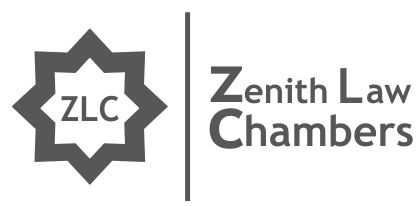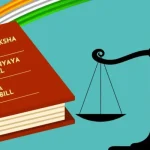In the case of Ashok Shewakramant & Ors. v. State of Andhra Pradesh & Anr. [Criminal Appeal No. 879 of 20231, the Appellants are the Directors of the limited Company (Accused No. 1) against whom, the Respondent filed a complaint under section 138 of the Negotiable Instruments Act, 1881 (“Act”). The Accused No. 2 In the Complaint is the Chairman of the Accused No.1 and the Accused No.2 is the Managing Director. Accordingly, the Appellants filed a petition under section 482 of the Criminal Procedure Code, 1973 (“Code”) before the Andhra Pradesh High Court. However, the High Court dismissed the petition filled by the Appellants for quashing the complaint. Aggrieved by this the Appellants filed an appeal before the Supreme Court.
The issue before the Supreme Court was whether the second respondent has incorporated the averments which are necessary to be incorporated in a complaint under Section 138 of the Act in view of sub-section 1 of Section 141 of the Act.
The Supreme Court observed that the Appellants, who are accused, are alleged director of the company and not Managing director or a whole-time director. Furthermore, the Appellants are not signatories to the cheque, nor are they whole time director. Section 141, being an exception to the normal rule that there cannot be any vicarious liability within a penal provision, only attracts vicarious liability when the ingredients of sub-section 1 of Section 141 are satisfied. Section 141(1) provides that every person who, at the time the offence was committed was in charge of and was responsible to the Company for the conduct of company’s business, as well as the company itself, shall be deemed to be guilty of the offence under Section 138 of the Act
The requirements of section 141(1) are different and higher; therefore, a person must be someone who, at the time the offence was committed, was in charge of and responsible for the conduct of the company’s business. Mere involvement in the day-to-day affairs of the company doesn’t establish being in charge or responsible for the company. Merely stating that a person was in charge of the company at the time when the offence was committed is not sufficient to attract sub-section 1 of Section 141 of the Act. On bare perusal of section 141(1), it is apparent that the words “was in charge of and “was responsible to the company for the conduct of the business of the company” cannot be read disjunctively; they must be read conjunctively in view of use of the word “and” in between.
Furthermore, The Supreme Court observed that the averments made in paragraph 8 of the complaint dearly show that the statutory demand was not served on the accused. Since, service of notice of demand Is a condition precedent for filing a complaint u/s 138 (c) of the Act, and therefore the complaint must fail on this ground.
Thus, in view of the foregoing reasons, Appeal was allowed and the judgment of High Court is set aside.










